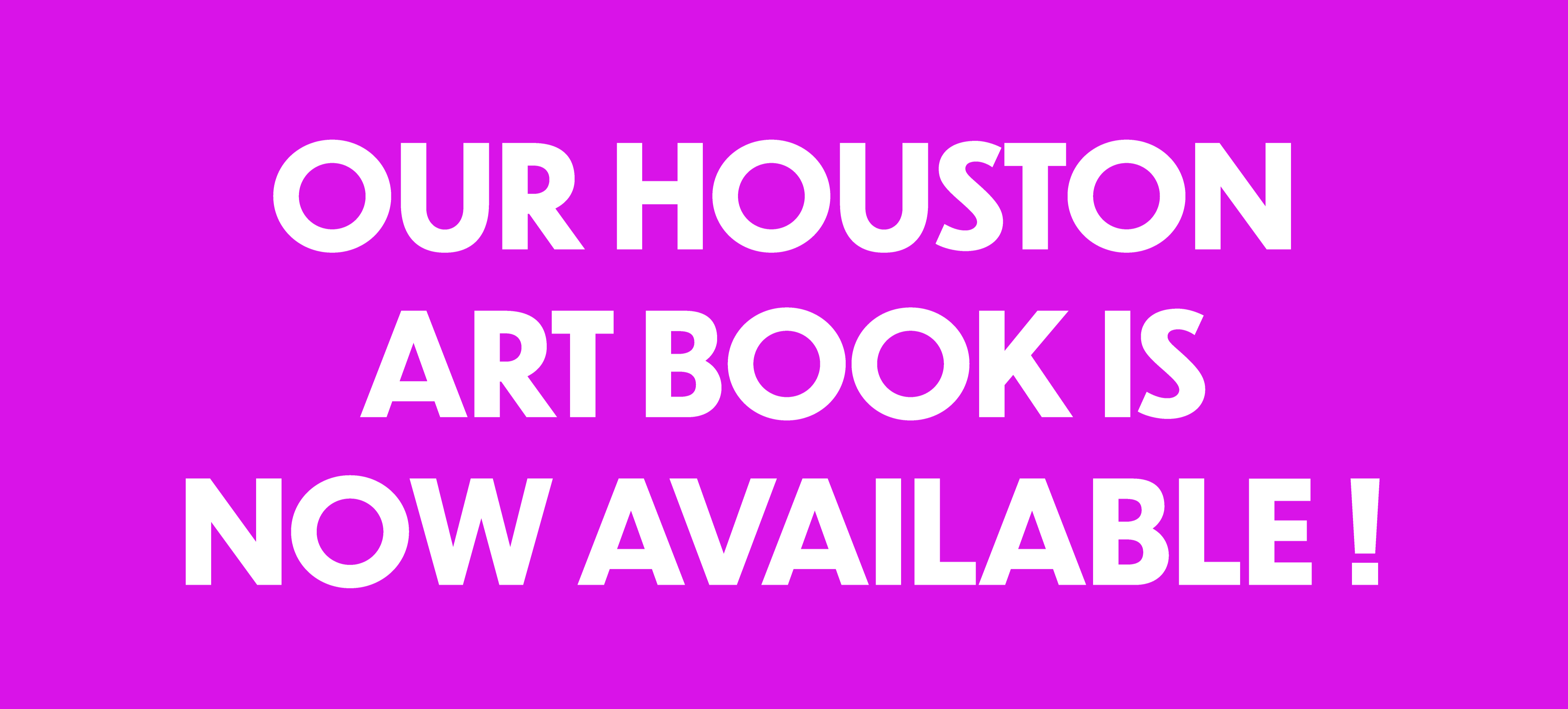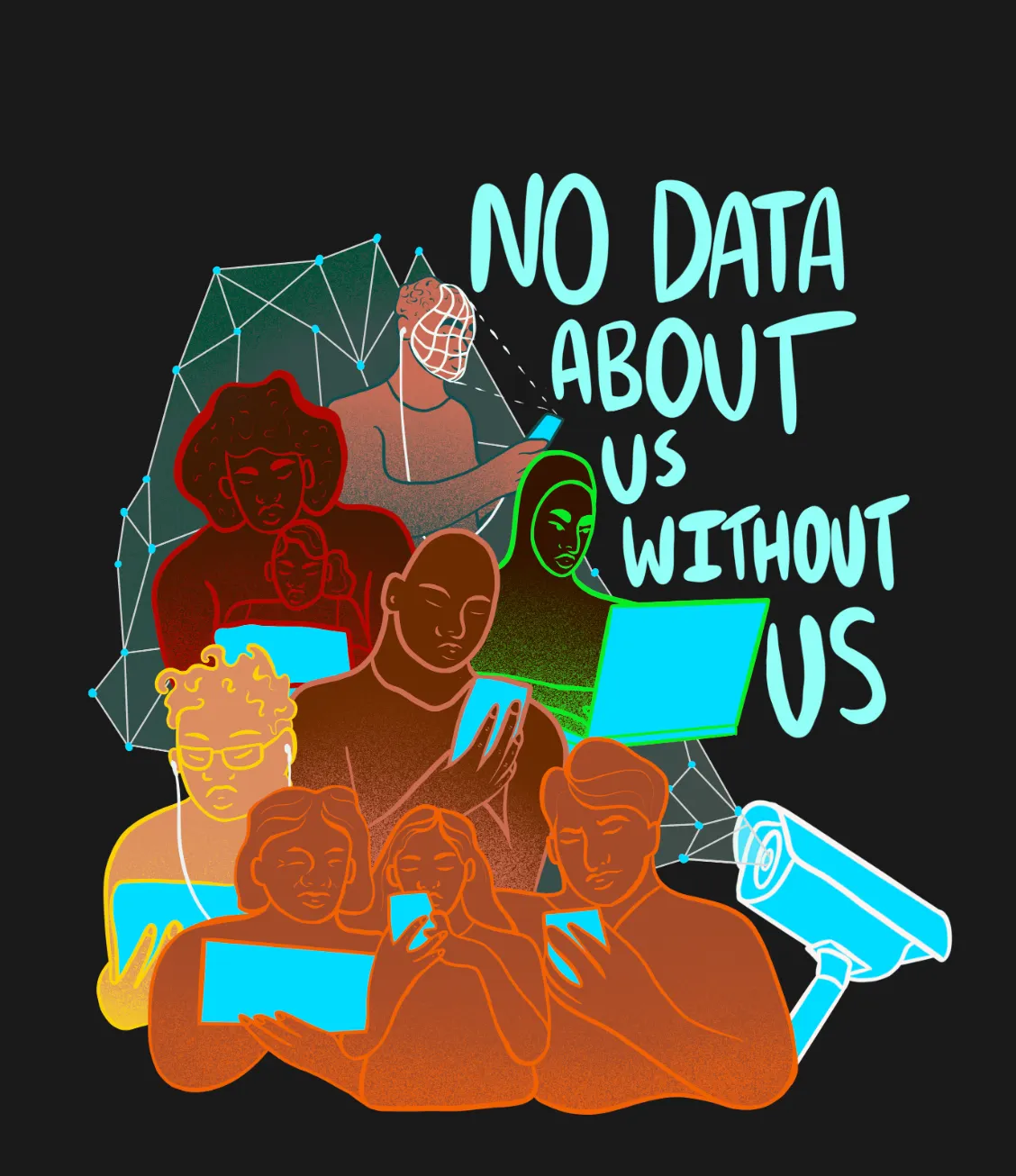Data, democracy and philanthropy: so what?
Klea Bogdani tells about her participation in the Research Sprint "We are Recording You Geneva".

Photo by Kelly Sikkema for UNSPLASH
On November 22nd, 2022, I had the pleasure of being joined once again by the Research Sprint participants of Geneva Edgelands for another exciting discussion surrounding digital security, surveillance and and its impact on the social contract of this society.
This past week, we invited guest speakers Dario Rodigioro, Rafael Nattaz and Becky Lentz. Dario showcased how, using Media Cloud, an open source platform for media analysis, he could create a weather map to analyze the content of old newspapers that mention data, democracy and digital security. For an interactive example of this map, see here.
What is a Weather Map? Well, they’re based on the models we see when we’re watching weather forecasting on the TV. But for Dario’s research, this map illustrates the actors involved in issues surrounding data and democracy, and perhaps also where some controversies between their approaches may lie. Broadly, he emphasized that we, as researchers, need better tools for the visualization of disagreements and conflicts.
Rafael Nattaz, our second speaker, shared the Latin American context on digital inequalities. He describes that though residents have digital rights, there is trouble in knowing how to exercise them (big difference!) — marking a significant challenge in the community. One concrete example he shares is of the police killings in Rio, and the importance for open source data: where are the majority of the killings taking place? Is there a specific neighbourhood or demographic primarily affected? He highlights the need for open source data (as shared by Dario’s Media Cloud) and transparency as a prerequisite for using it as a tool to promote advocacy for social change.
Lastly, Becky Lentz examines the role philanthropy and funding play in social justice issues. She emphasizes that we need more research on the role philanthropic organizations play in better understanding the intersection of digital rights and democracy. She encourages us to pose tough questions such as: Who are those funding digital rights work, how are they doing it, and what are their interests (if any)? These questions help inform the kind of research we do (or do not do!).
We finish on an uplifting note where Becky reminds us the importance of community organizing and protests so that we can challenge oppressive power structures.



